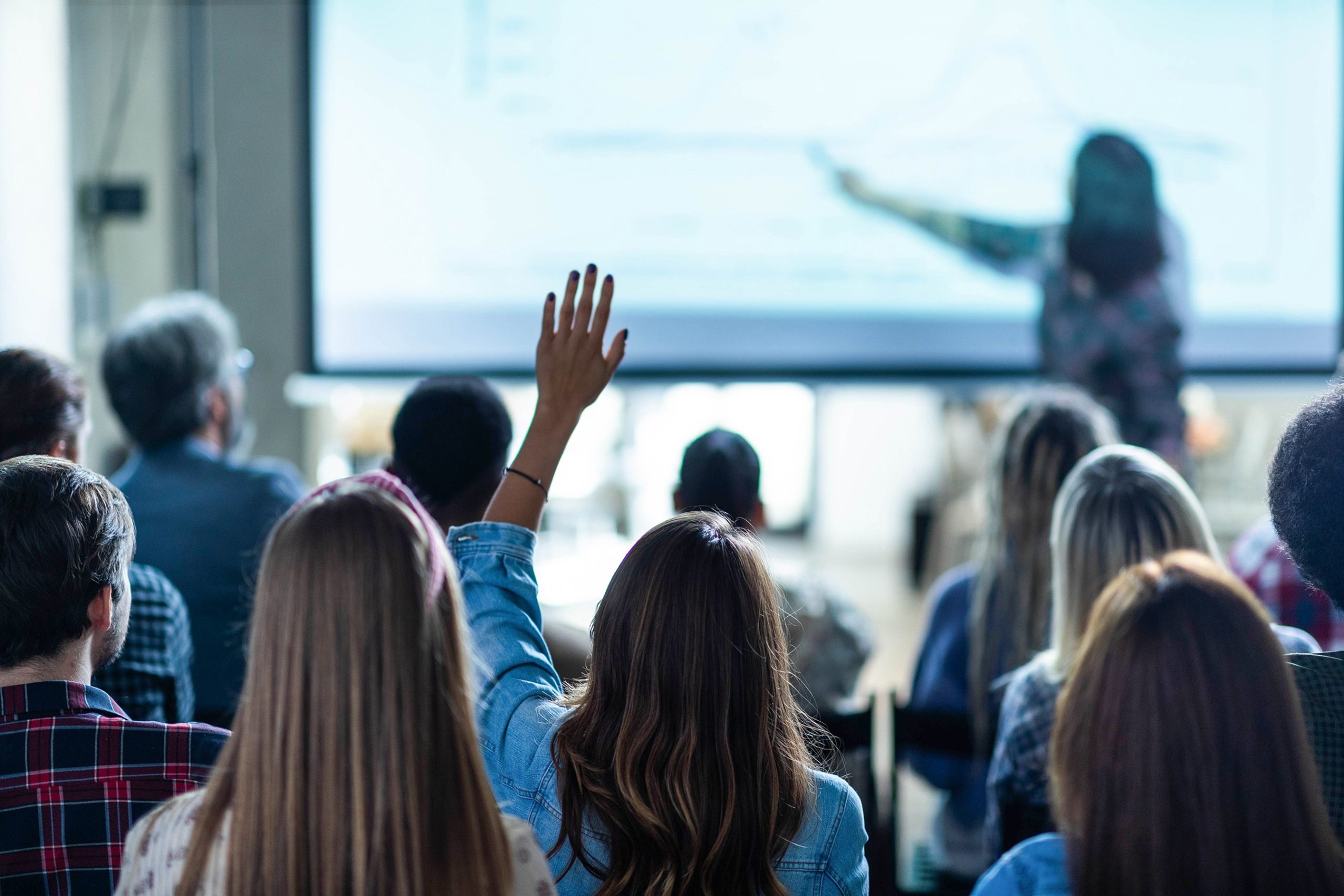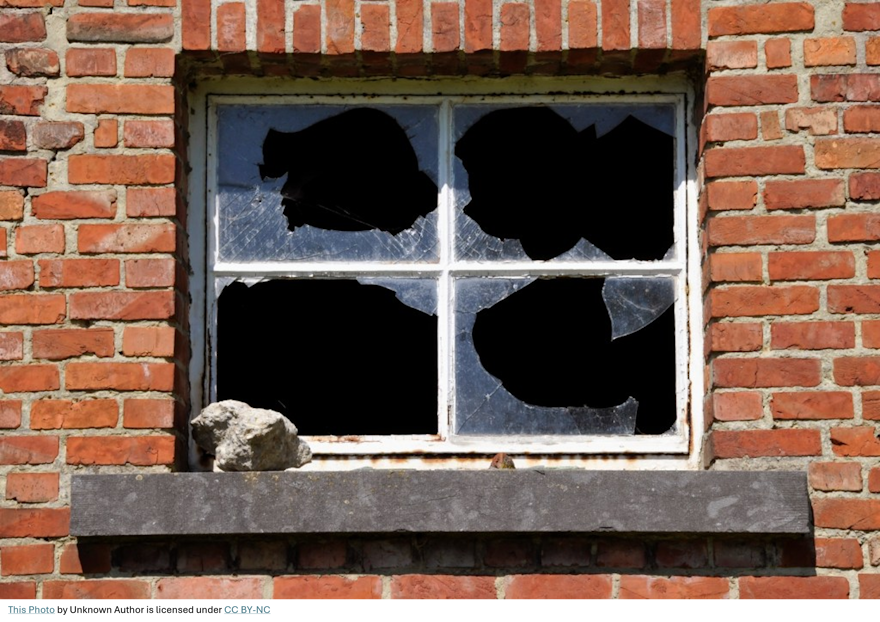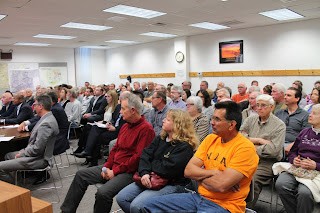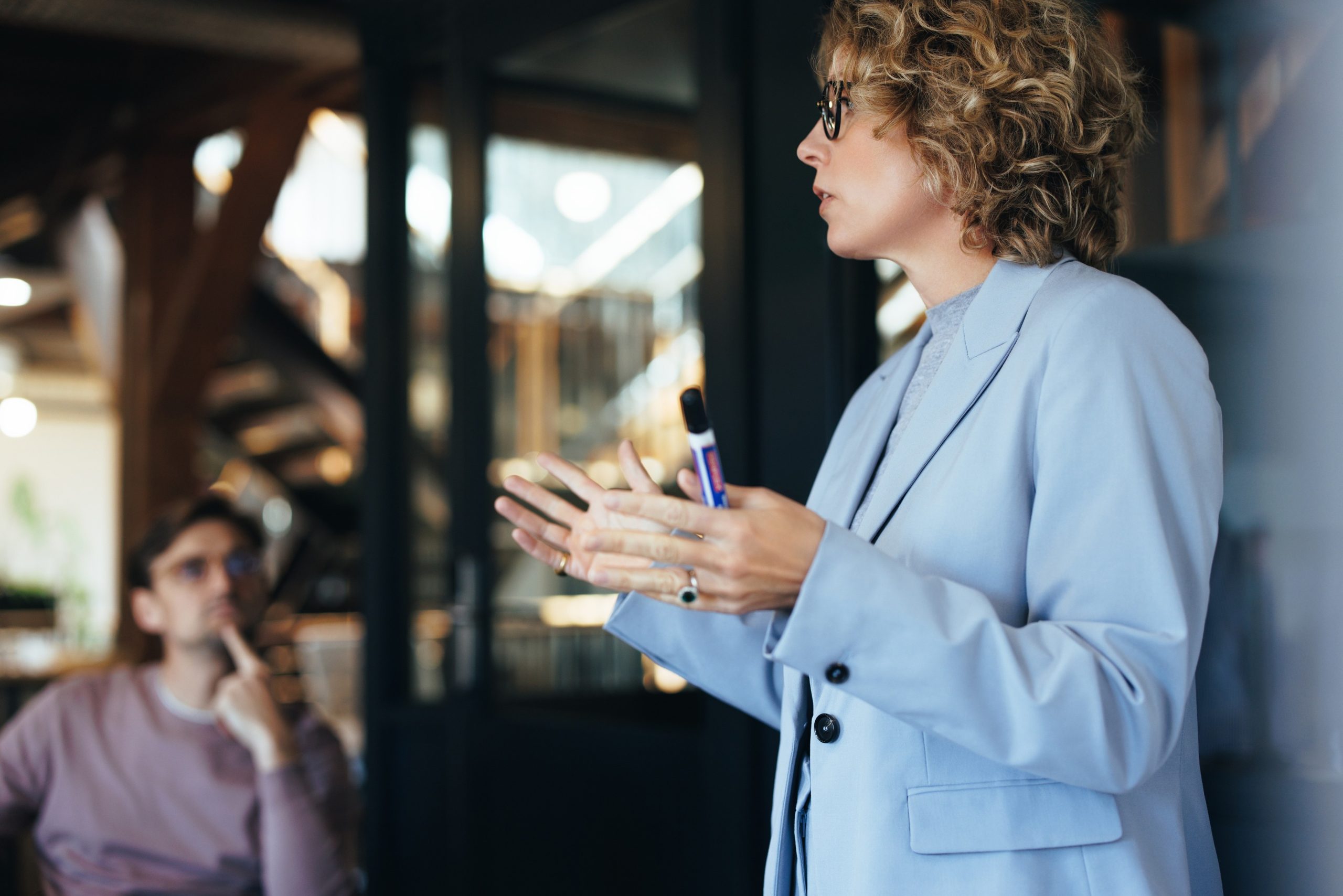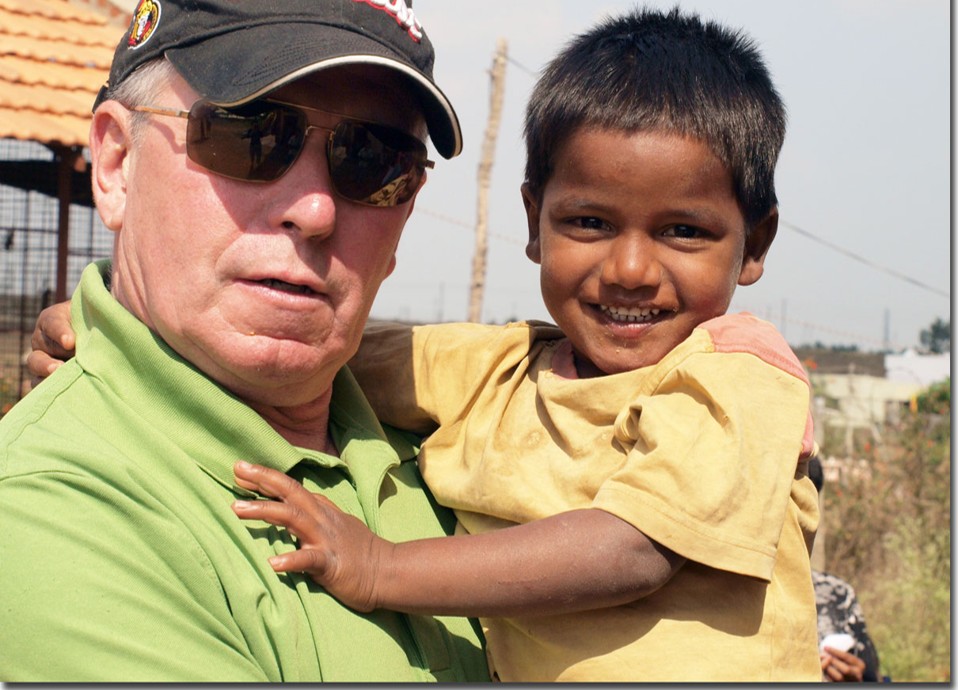I want to take a moment to highlight some of the work of others who are supporting non-violent engagement of governmental bodies. Richard Haas does a great job of letting us know how we should act as citizens, but the ideas are a bit passive, and our job includes engagement.
Operation Sunshine was established on the basic premise that we can all have a voice in government and that our voices are facilitated by state Sunshine or Open Meeting laws. The techniques are relatively simple, but maybe they are not for everyone.
And while we, as unique American citizens, enjoy a right and thus have an obligation to stay informed about how our government is working (or not), most often our voices are raised in opposition or resistance.
People rarely speak up when things are going their way.
So I want to highlight other groups who are also supporting non-violent resistance, civic engagement, and public advocacy to illustrate that there is support for other ways to engage.
I happen to believe that speaking up is one of the easiest and most frequent ways to engage government, and also that once you are comfortable with this simple approach to public engagement, other productive activities and habits will form, as well.
However, there are still other ways, besides supporting protests, posting on social media, sending emails, or making phone calls to make your presence and interests known. Ways like:
Lobbying
- Contacting elected officials to express your views on a particular issue and influence their votes. (Here’s a resource and here/here from the ACLU — pdf — and here from the League of Women Voters and here from the Quakers and here from the University of Illinois and here from the National Ground Water Association)
Community Organizing
- Bringing people together to advocate for a shared cause or policy. (Here’s a resource from The Horizons Project, one on Rothman’s Model, and another on Rothman’s Model, plus a good paper)
Petitioning
- Collecting signatures to urge policymakers to take action on a specific issue. (Here’s a resource from Public Citizen and here from the Public Interest Network)
Organizing & Participating in Public Forums
- Attending town hall meetings, testifying at hearings, and engaging in public debates. (Here’s a resource from Speech and Debate and one on hosting a public forum)
Educating & Raising Public Awareness
- Using social media, media outreach, and other communication strategies to educate the public about important issues. (Here’s a resource from ComCate and one from Municipal Research and Services Center)
You can probably find more resources by adding “A Citizen’s Guide to…” onto any of these topics.
Frankly, I’m not picky about how you use your civic rights as long as you do. If speaking up at a local town meeting works, great. If there is something else, yes, please do so.
Oh, and one final note: DO NOT PAY PEOPLE OR ORGANIZATIONS TO HELP YOU EXERCISE YOUR CIVIC RIGHTS. There are too many groups I have found in building this list that just want your donations. I’m sure they are decent organizations, but their first responsibility should be to educate and support citizens in THEIR engagement, not use those interests to raise money.
So here’s a list of groups, in no particular order, that you might check into on your path to greater civic engagement:
The Horizons Project – Information on nonviolent civil resistance
Website: https://horizonsproject.us/
Facebook: https://www.facebook.com/HorizonsPRJT
Witness at The Border – Collecting and sharing data on ICE activities
Website: https://witnessattheborder.org/
Facebook: https://www.facebook.com/groups/witnessborder/
AAMC – Center For Health Justice – Advocating on Health Issues
Website: https://www.aamchealthjustice.org/news/polling/get-out-vote
Partnership for Transparency – Raising awareness, supporting community group formation, and direct engagement of authorities
Website: https://ptfund.org/
American Civil Liberties Union – Education and community group formation
Website: https://aclu.org
Facebook: https://www.facebook.com/aclu
League of Women Voters – Advocacy and education on voting rights
Website: https://www.lwv.org/
Facebook: https://www.facebook.com/LWVND
Public Citizen – Education and Advocacy
Website: https://www.citizen.org/
Facebook: https://www.facebook.com/publiccitizen
Public Interest Network – Issue advocacy
Website: https://publicinterestnetwork.org/
Facebook: https://www.facebook.com/ThePublicInterestNetwork/
Speech and Debate – Supporting public forum
Website: https://www.speechanddebate.org
If you have other suggestions, please add a comment, and I’ll add it to the list.
[Note: I offer these as suggestions without advocating for them or their actions specifically.]

